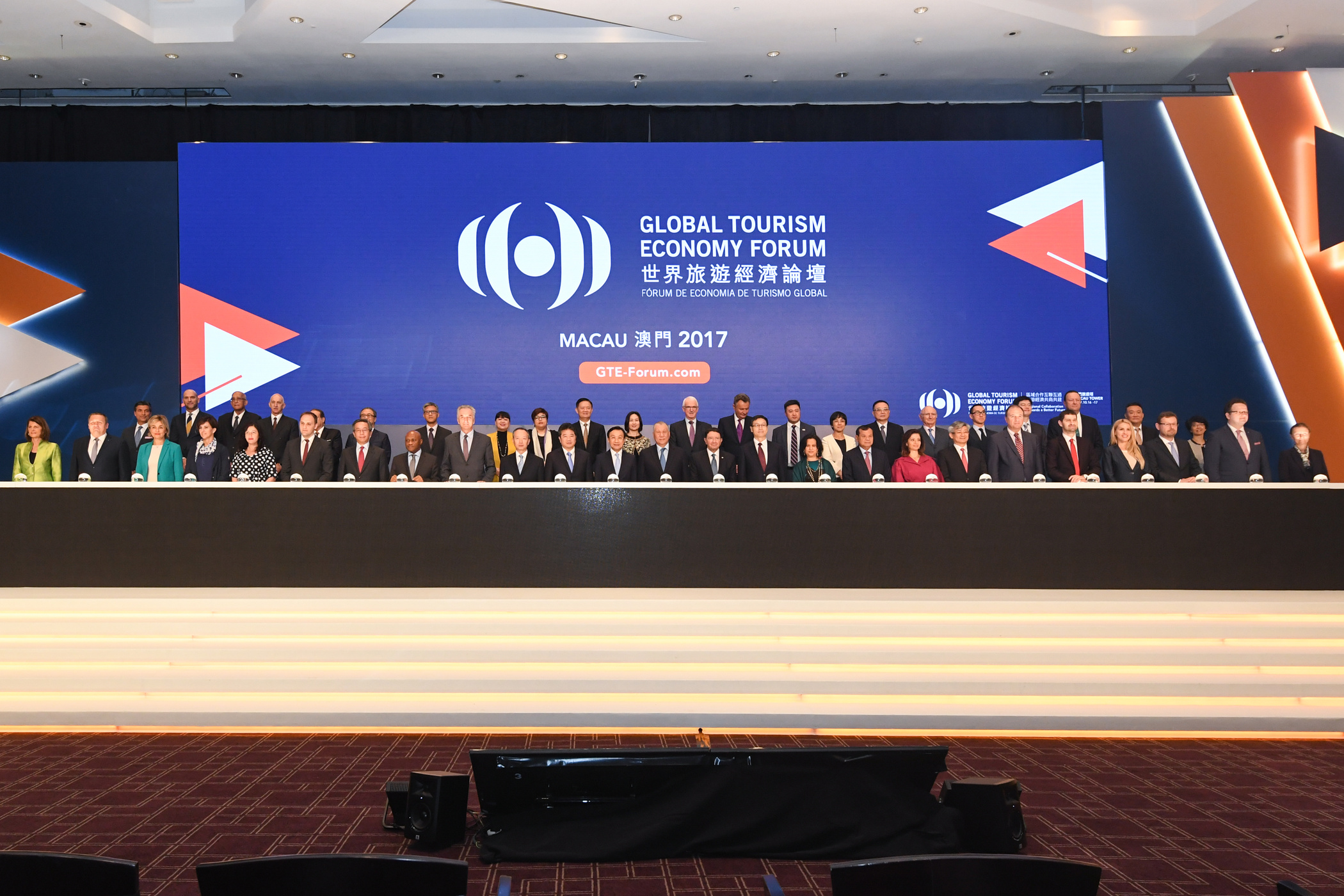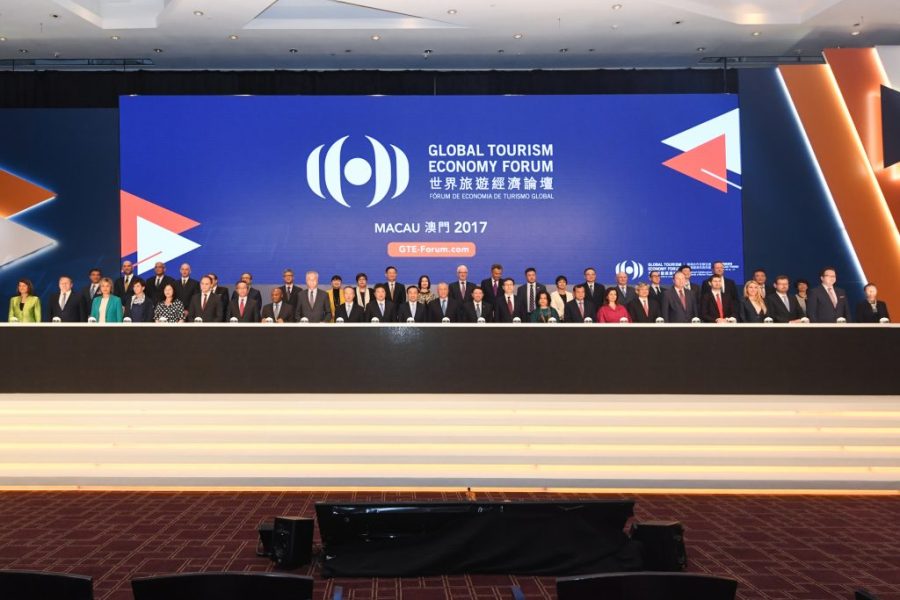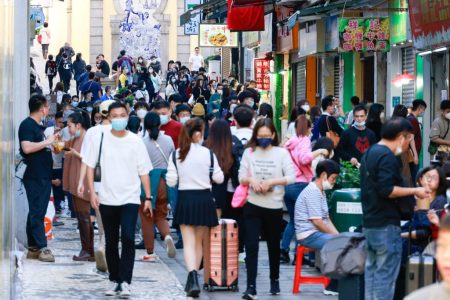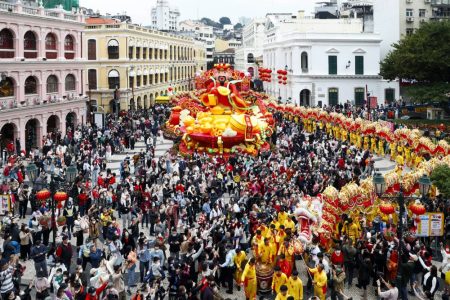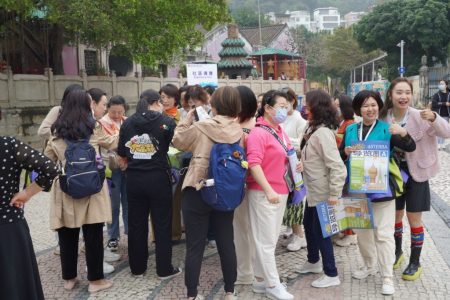Taleb Rifai, secretary-general of the World Tourism Organisation (UNWTO) and honorary chairman of the Global Tourism Economy Forum (GTEF), said on Monday the challenge for every country was to ensure that growth and sustainability, progress and preservation go hand in hand.
Rifai made the remarks in a speech during the opening ceremony at Grand Hyatt Macau in Cotai.
“Sustainability means to elevate life on Earth to a higher level for our future generations,” Rifai said, adding that sustainable tourism was not a zero-sum game but a win-win situation.
In a meeting with the press later, he was asked by a reporter how to balance urbanisation and preservation of cultural heritage in developing Asian countries.
According to the Macau Post Daily, Rifai said that he didn’t like to use the word “balance” because the word illustrated a situation in which something goes down while the other goes up. “You can keep your cultural heritage, you can increase tourism, and you can make people happy at the same time. It is a challenge to the attitude. It is a state of mind,” he said.
He was also asked whether there was such a thing as too much tourism and whether there was too much tourism in Macau as the city is so small.
Rifai said he disagreed with the idea of “too much tourism”, adding that it was a challenge for management to tackle.
“The problem is that everyone wants to visit the same thing at the same time at the same place in the same season…you need to diversify that energy, take it out and diffuse it into the countryside”, he said.
Rifai also said that Macau was not small and there were areas in Macau that people didn’t go to see. He used the Italian city of Venice as an example, “Just drive one kilometre outside of the city of Venice, you will find beautiful hillsides, chapels and wineries. Nobody goes there… same in Macau”, he said.
Pansy Ho Chiu King, vice chairman and secretary-general of the GTEF, said that Macau shouldn’t pursue explosive tourism growth in numbers, but steady and healthy growth instead. “If Macau keeps having explosive growth, it might have an adverse effect on the city,” Ho said. She said that possible development risks to the city also needed to be taken into account.
